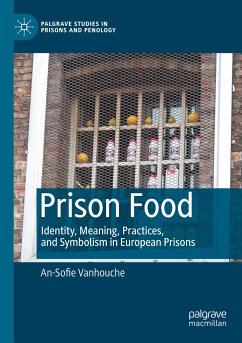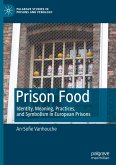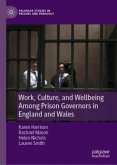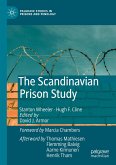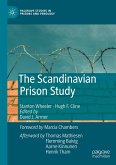Based on the lived experiences of incarcerated persons and staff, this book explores the symbolic significance of prison foodways to normalization, autonomy, identity construction, power, group formation and security. The book also traces the rationalization(s) that policy makers attach to prison food, from the water and bread diet of the 18th century, the contested abolition of alcohol consumption, to the current fear surrounding the spread of COVID-19 through food distribution in prisons. The argument is developed that prison food policies have always reflected how Belgian governments have treated imprisoned persons. The emphasis on Belgian prisons and the discussions on prison foodways situated on a micro and macro level add a unique flavour to prison food scholarship by providing a deeper understanding of a penal culture outside the dominant tradition of Anglo-Saxon and Nordic studies. Consequently, the book provides a nuanced conception of prison foodways for penologists, sociologists, those with interests in wider prison policy, and those working on the socio-cultural role of food in closed environments.
Bitte wählen Sie Ihr Anliegen aus.
Rechnungen
Retourenschein anfordern
Bestellstatus
Storno

